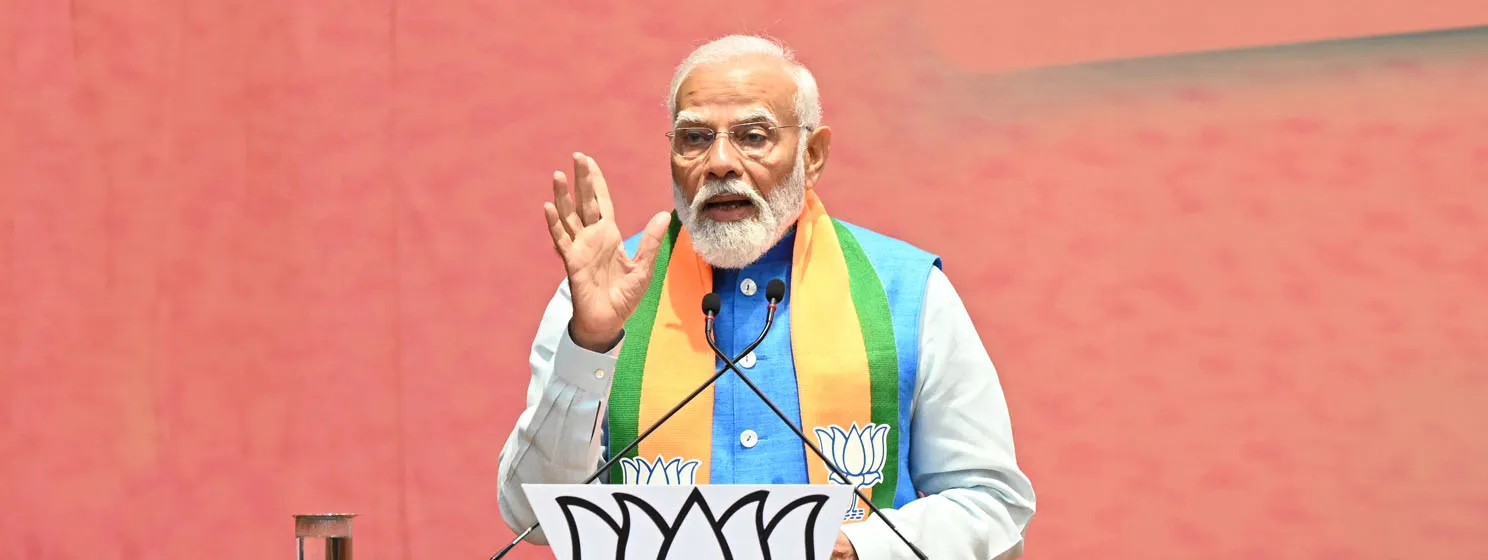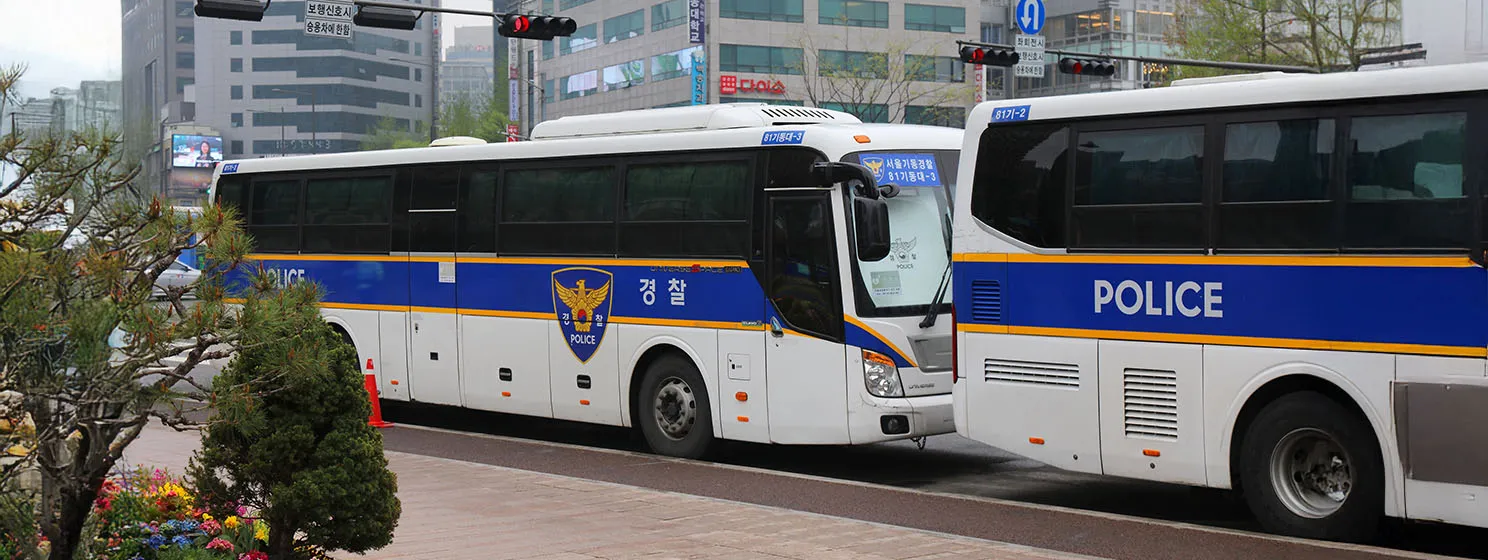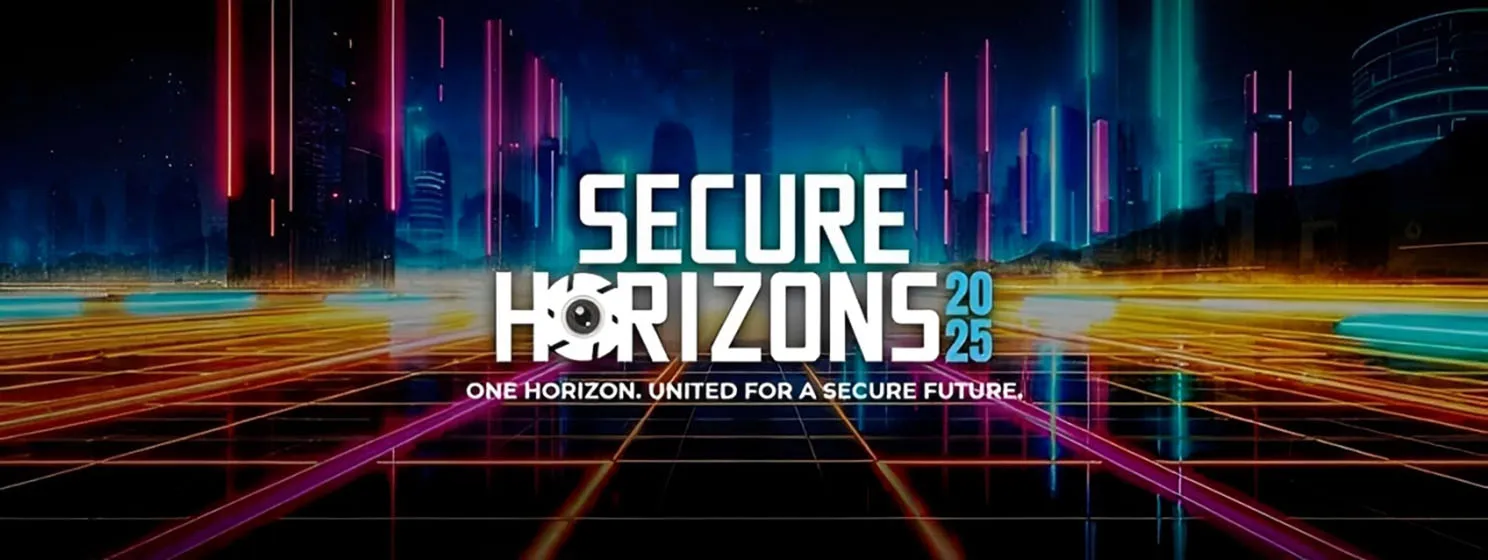|
Getting your Trinity Audio player ready...
|
Indian Prime Minister Narendra Modi’s recent visit to Cyprus, Canada, and Croatia has injected new momentum into India’s global partnerships, with a focus on trade, emerging technology, and innovation.
Modi’s official visit to Cyprus marked a pivotal moment in bilateral ties, with both nations keen on elevating their collaboration, particularly in the fields of technology, research, and regional cooperation with the European Union and the Mediterranean region.
“President Nikos Christodoulides and I interacted with leading CEOs in order to add vigour to commercial linkages between India and Cyprus. Sectors like innovation, energy, technology and more offer immense potential,” Modi wrote on X.
“President Nikos Christodoulides and I held wide-ranging talks, covering the full range of India-Cyprus relations. It’s widely known that bilateral ties between our nations are time-tested. Today, we talked about cooperation in areas like defence, security, trade, technology, healthcare, renewable energy and climate justice,” Modi added.
One of the most significant outcomes of the visit was an agreement between the international arm of the National Payments Corporation of India (NPCI), which operates India’s retail payments and settlement systems, and Eurobank Cyprus, paving the way for Unified Payments Interface (UPI)-enabled cross-border digital payments.
“NIPL (NPCI International Payments Limited) and the Eurobank Cyprus reached an understanding on introducing UPI for cross border payments between the two countries which would benefit tourists and businesses,” the Prime Minister’s Office informed in a statement. This initiative marks a major step in linking India’s advanced fintech platforms with European markets, promising faster, more seamless financial interactions for both tourists and businesses.
India’s UPI, a real-time payment system that supports peer-to-peer and merchant transactions, has seen explosive growth in recent years. According to figures from NPCI, daily UPI transactions surged to 596 million in April 2025, underscoring the system’s vital role in India’s digital economy and its increasing global footprint.
Modi’s visit not only strengthened diplomatic ties but also set in motion an urgent and strategic alignment between India and Cyprus in frontier technologies, innovation policy, and digital finance. Recognizing the accelerating pace of global technology transformation, Modi made a strong appeal to Cypriot enterprises to engage with India’s fast-growing innovation landscape. He highlighted emerging domains, including semiconductors, quantum technologies, and critical minerals, as strategic areas ripe for collaboration.
“While Cyprus and Croatia are not global tech leaders, their strategic positions within the EU offer India access to European markets and innovation networks,” Sharat Chandra, founder of EmpowerEdge Ventures and a startup enabler, told CoinGeek.
“Cyprus, a hub for IT and fintech, supports India’s digital ambitions, while Croatia’s growing startup ecosystem complements India’s focus on emerging technologies,” Chandra pointed out.
“Under PM Modi’s leadership, India’s broader tech agreements with nations like the U.S., U.K., Singapore, UAE, and African countries create a robust framework for knowledge exchange, investment, and infrastructure development. These pacts, covering AI, semiconductors, and digital innovation, position India to leapfrog technologically by leveraging global expertise and markets, significantly advancing its ambition to become a tech powerhouse,” Chandra added.
Modi and Christodoulides are committed to rapidly advancing collaboration in innovation-driven sectors, technology, and research. Both leaders agreed to collaborate across key sectors such as artificial intelligence (AI), digital infrastructure, and startup collaboration while fostering stronger ties between academic institutions and industry.
The two countries also agreed to launch the India–Greece–Cyprus (IGC) Business and Investment Council, aimed at boosting trilateral cooperation in renewables and digital services.
In a joint declaration, both countries agreed to deepen their defense and security cooperation, including through collaboration between their respective defense industries, with a special focus on cybersecurity and emerging technologies. As Cyprus prepares to assume the Presidency of the EU Council in 2026, the two leaders reaffirmed their commitment to further strengthen the India-EU strategic partnership.
Recognizing Cyprus as a key economic partner and a gateway to Europe, especially in foreign direct investment, both nations signed a key agreement between the NSE International Exchange (at GIFT City) and the Cyprus Stock Exchange. The agreement lays the groundwork for dual listings while also expanding joint efforts in financial research and outreach. This pact will likely rapidly establish new investment corridors between India and Europe, enabling European firms to leverage India’s expanding capital markets through the GIFT City platform—a rising hub for international financial activity.
For investors in both countries, the agreement promises wider access to financial instruments, faster cross-border market connectivity, and streamlined capital flow mechanisms. With global markets evolving rapidly, this partnership signals a timely push to align India and Cyprus in the fast-paced world of global finance.Croatia to collaborate on research, AI, ML, cybersecurity
In Croatia, PM Modi and his counterpart Andrej Plenković agreed to fast-track a strategic partnership aimed at establishing Croatia as a primary Mediterranean gateway to Central Europe. This initiative is intended to unlock new economic corridors and enhance regional connectivity.
Digital innovation emerged as a central theme in their discussions. Recognizing its transformative potential, both sides pledged to strengthen the India-Croatia Startup Bridge and expedite collaboration between startup incubators and innovation ecosystems. Focus areas include high-growth sectors such as health technology, agricultural technology, clean and renewable technologies, AI, machine learning (ML), and cybersecurity.
The two leaders also emphasized the need to rapidly deepen cooperation in science and technology. They called for immediate action to foster institutional linkages between universities and research centers in both countries, prioritizing joint research and development (R&D) projects and sustained exchange programs for young scientists and innovators.
“Held productive talks with my friend, Prime Minister Andrej Plenković in Zagreb. Our talks covered many sectors, aimed at making the India-Croatia bond even stronger. We will be working closely in the fields of defence and security, pharmaceuticals, agriculture, IT, renewable energy, technology and more. Synergies in areas like semiconductors, shipbuilding, connectivity and more will also be greatly beneficial,” Modi said.
Overall, Modi’s Croatia visit reflected a strong bilateral commitment to converting economic and technological synergies into concrete, future-oriented outcomes through targeted partnerships and accelerated implementation.
Modi backs renewable energy to meet AI demand
At the G7 summit in Kananaskis, Canada, Modi pointed out that the surge in energy demand, which is driven by AI data centers and tech-intensive societies, must be met urgently with renewable energy solutions.
As India accelerates its adoption of AI and emerging technologies, Modi stated that ensuring affordable, reliable, and sustainable energy is a top priority for India. As the global demand for data processing and storage surges, especially with the rapid expansion of AI data centers, there is a corresponding rise in energy consumption. Modi stressed that meeting these growing energy needs in a sustainable manner requires a decisive shift toward renewable energy sources.
“…We are focusing on solar energy and small modular reactors. We are also developing smart grids, energy storage systems, and green energy corridors to connect renewable energy production with demand centers,” Modi said during the G7 Outreach Session on Energy Security.
Underscoring India’s approach to technology, Modi emphasized a deeply human-centric philosophy. He asserted that the real value of innovation lies not in its sophistication but in its ability to uplift those on the margins. For India, ensuring that the benefits of technology reach the last person in the queue, particularly in the Global South, is a guiding principle. He offered a vivid example: if India creates an AI-powered weather prediction app, its success would be measured by its ability to support a farmer or a fisherman in a remote village, enabling them to make better decisions for their livelihood.
To promote inclusivity in the digital era, Modi cited the development of ‘BHASHINI’—an AI-based language platform designed to bridge linguistic divides. This tool allows individuals from rural or remote areas to access information and engage with global content in their own languages, making them active participants in the global digital dialogue.
“Everyone recognises the potential and usefulness of AI. However, the real challenge is not the power and capability of AI itself, but ensuring that AI tools enhance human dignity and empowerment,” Modi said.
Modi also put forward a series of key recommendations on the global approach to AI. First, he emphasized the urgent need for an international framework to govern AI—one that strikes a balance between addressing ethical, legal, and societal concerns while still encouraging innovation. Additionally, he highlighted the strategic significance of critical minerals and advanced technologies in the AI era. He called for deeper international collaboration to secure and fortify global supply chains that support AI infrastructure. It is vital, he said, that access to these resources is not concentrated or weaponized by any single country, and that they remain a shared global asset to support collective progress.
“In the last century, we witnessed competition over energy. In this century, we must embrace cooperation in the field of technology…With this spirit, I extend a cordial invitation to all of you for the AI Impact Summit to be held in India next year,” Modi added.
Watch: Exploring use cases for blockchain in India

 09-04-2025
09-04-2025 





